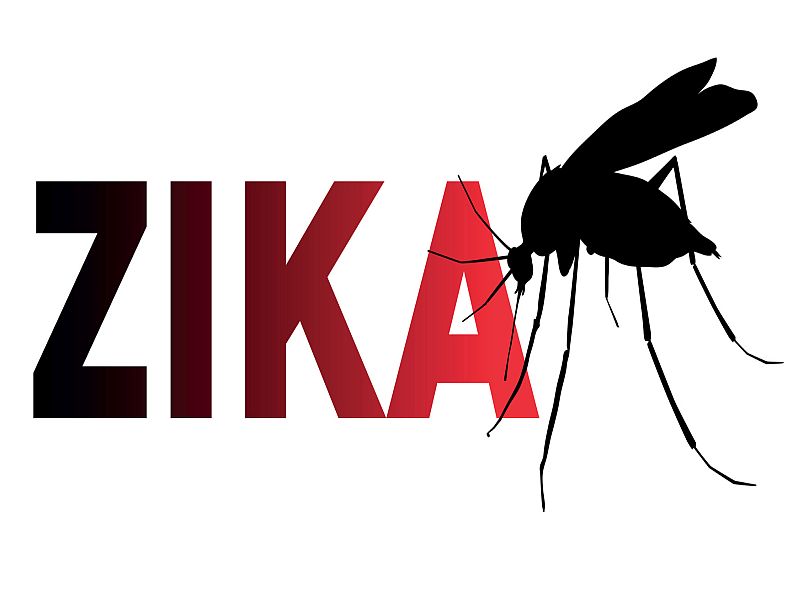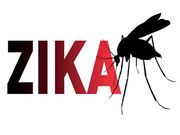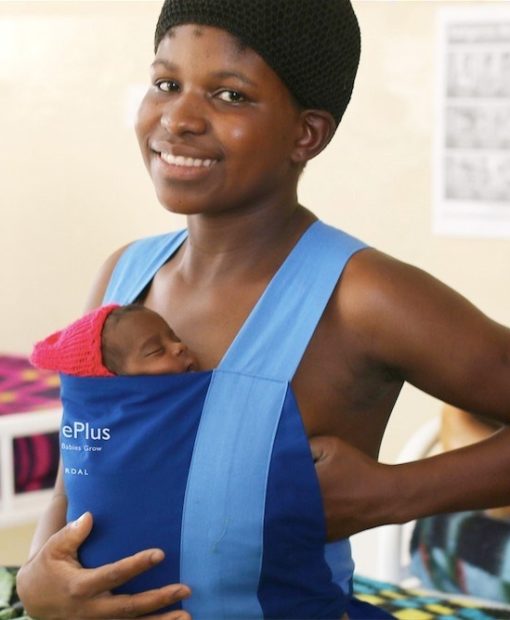
MONDAY, Aug. 1, 2016 (HealthDay News) — The number of local transmissions of the mosquito-borne Zika virus in South Florida has apparently increased to 14, Gov. Rick Scott said Monday.
While infection with the Zika virus is harmless to most people, it can cause terrible birth defects.
In response to the news out of Miami, the U.S. Centers for Disease Control and Prevention is sending an eight-person team to assist local officials. The agency also is urging pregnant women to avoid the Miami neighborhood where transmissions are occurring — the first health warning in decades against travel to a destination within the continental United States.
Women who are pregnant or thinking of becoming pregnant should avoid the 1-square-mile Wynwood neighborhood of Miami, just north of the downtown area, CDC Director Dr. Tom Frieden said during a Monday media briefing.
The CDC issued the travel advisory because more Zika infections have been identified in humans and because mosquito-control efforts in Wynwood have so far proven ineffective, Frieden said.
“Despite the daily use of spraying, the vector control experts there were still seeing new larval mosquitoes and moderately high Aedes aegypti counts, which is not something that we had hoped to see,” Frieden said.
The travel advisory constitutes the first time in at least 25 years that the CDC has warned people to avoid an American neighborhood due to an active infectious outbreak, agency spokesman Tom Skinner told USA Today.
The CDC said it expects to see cases of local transmission of the Zika virus this summer in warm, humid southern states such as Florida, Louisiana and Texas. The virus is typically transmitted through the bite of Aedes mosquitoes.
The 14 patients identified by Florida health officials constitute the first cases of local transmission of Zika virus by mosquitoes in the continental United States.
State health officials on Friday reported four probable cases of local transmission of Zika in Wynwood. They identified 10 more cases over the weekend, including six people infected with Zika who have experienced no symptoms, officials said.
Most Zika infections have occurred in Latin America and the Caribbean. Brazil has reported the vast majority of cases and the birth defect microcephaly, which results in newborns with smaller-than-normal heads and underdeveloped brains.
Scott said Monday that the new cases are clustered in the same 1-square-mile neighborhood identified last week. Florida health officials said Monday that they believe active transmissions of Zika are occurring only in that area.
“Today, DOH (the Department of Health) has confirmed that 10 additional people have contracted the Zika virus locally, likely through a mosquito bite,” Scott said. “DOH has been testing individuals in three locations in Miami-Dade and Broward Counties for possible local transmissions through mosquito bites. Based on DOH’s investigations, two locations have been ruled out for possible local transmissions of the Zika virus. DOH believes local transmissions are still only occurring in the same square-mile area of Miami.”
Federal health officials said Friday that it was expected that transmission of Zika virus by mosquitoes would occur in the continental United States this summer.
“At CDC, we have been saying for months, based on experience with chikungunya and dengue — viruses spread by the same mosquito that spreads Zika — that individual cases and potentially small clusters of Zika are possible in the U.S.,” the CDC’s Frieden said during a Friday media briefing.
“As we have anticipated, Zika is now here,” Frieden said.
Mosquito-control efforts in Miami’s Wynwood neighborhood have been difficult because it’s a mixed-use area, where industrial sites are located next to a blend of residences and businesses, Frieden said.
“It’s an area that’s not all of one type or another type, and that does make mosquito control more difficult because you need to tailor the mosquito-control activities to the specifics of the area to get rid of breeding sites and apply larvicide and insecticide effectively,” Frieden said.
The mosquitoes in the area might be resistant to the two pesticides that have so far been used, Frieden said, or they might be breeding in hidden pools of water that have not yet been found by response teams.
But U.S. officials said they don’t expect to see a Zika epidemic in the United States similar to those in Latin America. The reason: better insect control as well as window screens and air conditioning that should help curtail any outbreaks.
The CDC also announced Friday that Zika infections had skyrocketed to epidemic levels in Puerto Rico.
Positive tests for people with suspected Zika infection increased from 14 percent in February to 64 percent in June in Puerto Rico. As of July 7, Zika had been diagnosed in 5,582 people in Puerto Rico, including 672 pregnant women, the CDC said.
Aedes mosquitoes feed primarily on human blood, and tend to breed in small pools of water found in local neighborhoods.
The mosquitoes have a short travel range, and Florida officials are describing the infections as a “small case cluster” that do not indicate widespread transmission.
“The Aedes aegypti mosquito does not travel more than 150 meters in its lifetime, and often quite a bit less than that,” Frieden said.
So far, the 1,658 Zika infections reported in the United States mainly have been linked to travel to countries with Zika outbreaks in Latin America or the Caribbean.
In addition to mosquitoes, the Zika virus can be transmitted through sex. The CDC has reported 14 cases of sexually transmitted infections. These infections are thought to have occurred because the patients’ partners had traveled to countries where Zika is circulating, the CDC said.
The Zika virus also has been linked to a rare paralyzing condition called Guillain-Barre syndrome.
The CDC advises pregnant women not to travel to an area where active Zika transmission is ongoing, and to use insect repellent and wear long pants and long-sleeved shirts if they are in those areas. Partners of pregnant women are advised to use a condom to guard against sexual transmission during pregnancy.
State officials along the Gulf Coast say a lack of funding has hampered their Zika response efforts. President Barack Obama has asked Congress to allocate $1.9 billion to combat the Zika threat, but federal lawmakers have yet to agree on a spending package.
More information
The U.S. Centers for Disease Control and Prevention provides more information on mosquito-borne diseases.
This Q&A will tell you what you need to know about Zika.
To see the CDC list of sites where Zika virus is active and may pose a threat to pregnant women, click here.

 August 2, 2016
August 2, 2016




 May 19, 2018
May 19, 2018 




